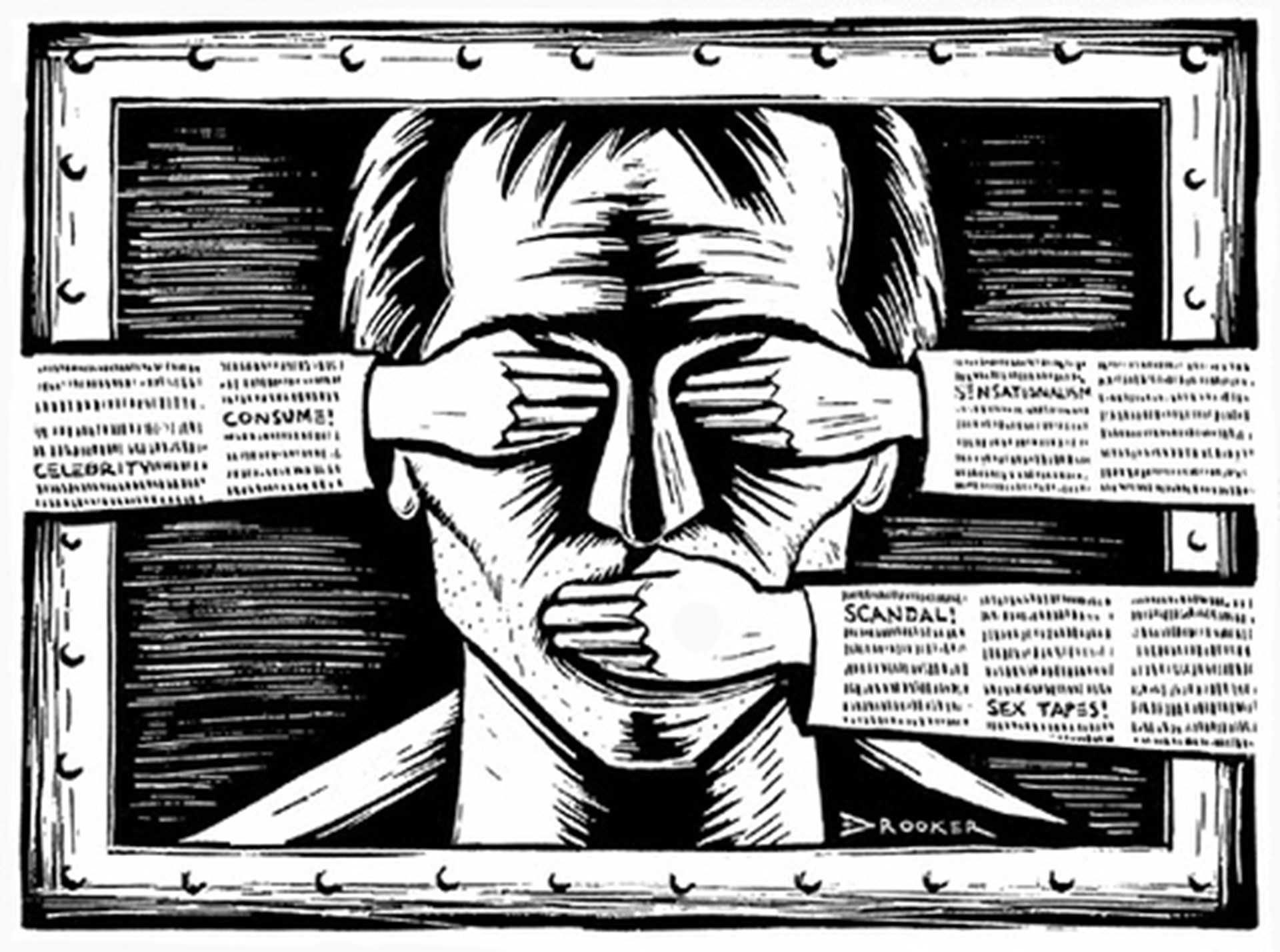It is often argued that Facebook is a private enterprise and therefore free to censor whatever it wishes.
However, Facebook and the other internet giants, such as Google, YouTube (a subsidiary of Google), and Twitter, have come to control the flow of information on the internet, to such a degree – as virtual monopolies – that they have become the ‘public square’ of our times. That outcome makes them far more than merely private enterprises and endows them with a special responsibility: Those who cannot publish on Facebook or Twitter, effectively no longer have full freedom of speech.
Governments have always known that free speech can be controlled on social media – there is no internet freedom in countries such as China or Russia. For years, however, Western governments have also been controlling the conduct of free speech on the internet – in the name of fighting supposed ‘hate speech’. Controlling free speech has taken the form of ‘cooperating’ with the internet giants – Facebook, Google, Twitter and You Tube – on voluntary initiatives such as the EU “Code of Conduct on countering illegal online hate speech online“, which requires social media giants to act as censors on behalf of the European Union and to remove within 24 hours content that is regarded as “illegal hate speech”.
This control of free speech has also brought about national legislation, such as Germany’s censorship law, in 2018. This law requires social media platforms to delete or block any alleged online “criminal offenses”, such as libel, slander, defamation or incitement, within 24 hours of receipt of a user complaint. If the platforms fail to do so, the German government can fine them up to 50 million euros for failing to comply with the law.
Two new initiatives look likely to intensify government censorship on the internet.
In France, a recent government report about Facebook, commissioned by President Emmanuel Macron, has called for increasing government oversight over the social media giant. This new ‘oversight’ includes allowing an “independent regulator” to police how Facebook deals with alleged hate speech. The report has also called for laws allowing the French government to investigate and fine social networks that “don’t take responsibility” for the content published by users on their websites. As part of writing the report, French regulators who spent six months inside Facebook, monitoring its policies, concluded, “The inadequacy and lack of credibility in the self-regulatory approach adopted by the largest platforms justify public intervention to make them more responsible”.
Read more HERE
Ask me anything
Explore related questions





